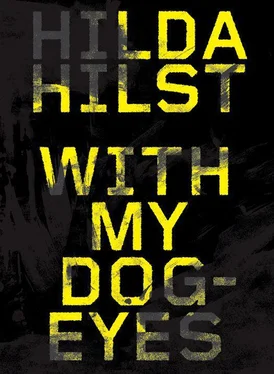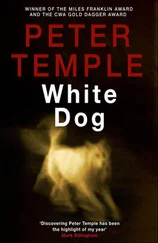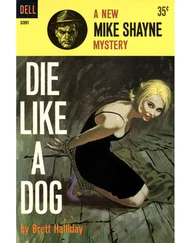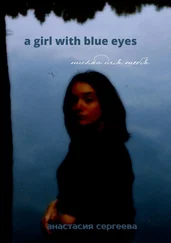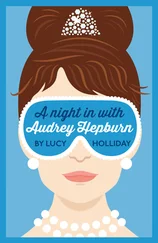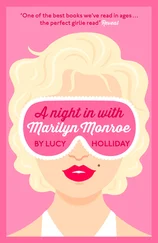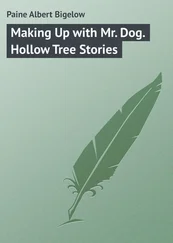A taste for alacrities:
The chance to be thrown
Down your deep tunnel.
He had understood only in that instant. And now never again? He recalled everything perfectly. He had gone like always to the top of that little hill. He liked to be there, where you could still glimpse some dusky greens, a hurried lizard scurrying across a trail, and if he turned his back on the University building he saw fields of cotton and coffee. He would stay there just looking. Emptied. Sometimes he would ponder his modest destiny. Had he cherished any illusions? When he was younger, he wanted a nonobvious to be demonstrated, a short and harmonious equation that would scintillate the as-yet unexplained. Words. These were the fine veins that he had never managed to wholly extract from the mass of hard and rough earth where they lay deposited. He didn’t want deceiving effects, or empty sonorities. As a child, he had never figured out how to explain himself. A hurricane of questions whenever he’d taken an aimless walk, just over that way to see the neighbors’ dog or the flock of parakeets that came around in the late afternoon, I just went overthatway, that’s all. They’d say: Why? What for? What dog? At this hour? To see what about the dog, what parakeets? I’d respond: Over that way because they’re pretty. He’d blush saying the words over that way because they’re pretty. Later, he’d get furious, when they’d ask him about feelings. How to formulate exact words, various letters brought together, chained, short or long words, to extract from inside himself those fine veins that lay untouched there inside him? They were there, he knew it, but how to extract them? Everything would come undone. He liked reading Japanese poets. One of them, Buson, has a poem like this:
Behold the mouth of Emma O!
It seems that she’s about to spit
A peony!
Poetry and mathematics. The black stone structure breaks and you see yourself in a saturation of lights, a clear-cut unhoped-for. A clear-cut unhoped-for was what he felt and understood at the top of that small hill. But he didn’t see shapes or lines, didn’t see contours or lights, he was invaded by colors, life, a flashless dazzling, dense, comely, a sunburst that was not fire. He was invaded by incommensurable meaning. He could say only that. Invaded by incommensurable meaning. And the previous night? His wife, the singular Amanda, ranted and raved from one corner of the room to another, her dark arms rising up and tumbling down agitatedly: Amós, numbers are fine when it comes to a bank account, okay? The nightgown is pale green, cotton, the one that sticks to her tits, her belly, he thinks I couldn’t have married or had a kid, and then the kid comes into the room: mom, dad is good at math, tell him to do this problem here. No way I say. I touch myself. I’m also in light-green pajamas. She’s crazy about matching colors. I look at the headboard. In the middle there’s a circular weaving, branchlike. What color? Light green. I feel a bit nauseous. All beds should be dynamited. This one. I look at the back of my hands, the veins seem more pronounced, I think of what these hands might have done. Carpentry would have been nice. Tables chairs, why not lecterns? Would I be kneeling now? Cots. Only one person fits in a cot. Those narrow ones. The boy starts crying. I say give it to me later. Amanda: what’s the big deal, he did the problem himself and just wants to check? It’s bedtime. The boy keeps crying. What a sham all this of kids and marriage, I think of a shot in the chest and the other one’s still ranting eternally in her light-green nightgown, her tits, her thighs. A shot in the chest. It’s necessary to love, Amós, after all she is your wife, he’s your son. Go to bed, son, do it yourself, it’s better for you. The boy leaves. Come here, Amanda. She doesn’t come. It’s a long lecture. A few bits stayed with me: dinner, friends’ house, restaurants, sometimes dancing, why not. Amanda dragged on. Her arms continued their aerial battle. Dancing. I’m remembering Osmo, whose friend was he? I’m not sure, I know he killed one or two women because of this obsession with dancing. He was all tangled up with God, in abysses (he was a philosopher), and the women were always wanting to dance. I try to make Amanda lie down. She wants to keep lecturing. A shot in my chest or in hers? I tell her to lecture lying down. She finally lies down. Just what is it between me and Amanda? What are feelings anyway? How is it that they vanish without a vestige? Were they ever there? Everything leaves a trace. In death, bones, later ashes. Vestiges in an urn. Someone’s footstep. He was wearing sneakers. This one was wearing boots. Look at the mark of the heel, right there. Strands of hair remain everywhere. Preserved teeth. They never go away if they’re well preserved. In the mouth they rot. In a metal box, that little tooth there: forever. Your little baby tooth, look, son. And a fully grown man of fifty. That tooth there. Toujours. In aeternum. Where are you going, Amós? I’m going to go get my tooth from the drawer. Now? Yes now, Amanda. I open the drawer and peer in. It’s there. Well now it won’t be. I go to the toilet. I flush. It winds its way down through the pipes, I presume, winds its way down, and then to the sewer? Forever in the sewer? Or will it get all worn down as it would in a mouth? Sewer-mouth. What did you do, Amós? Mouth-sewer. Mewer. I respond to the others. To some. I forget the “consider” “therefore” “let us assume” “thence it follows” and attempt the incoherency of many words, at first spelling some secretly beside my heart, for example, Life, Understanding, and if a question comes my way, pop a brass shell on the person who asks, died eh? died of letters. How so? Well, he asked this mathematician something and the guy hadn’t spoken anything but numbers for years, you see, and hemorrhaged words. What? Just that, spurts of words. The other guy couldn’t take it. The most learned cadaver that I ever saw, a beautiful thing, man, all darkened with letters. Let’s go. At twenty Amós would take his books to a brothel. Infinitesimal calculus. Topology. Such a tranquility there in the morning. There was also the very strange Libitina. And the madam, Maria Ancuda: you can stay here, gorgeous, stay stay, stay here studying, as long as afterward you give me a little hand with that beast of an account book. And Libitina. Over there. Your name is really Libitina? Yes it is, they confused it with another.
A cousin of my mother’s told my father he thought that Libitina had something to do with the word passion. Her mother thought it was pretty.
Passion? Wouldn’t it be libido?
What? Like I would know, Amós? I only know that later they said it was all wrong. The cousin’s cousin looked it up in a book and found out that Libitina was an old lady who took care of presents that people made to the dead.
Mycology.
What? You mean mythology?
Like I would know, Amós? Listen, you say so little. You come here, you bring your books with no words in them, and you hang around here acting rude. You know you have a nickname?
Oh yeah?
Mule-shoer.
Why?
Because as serious as you are, so closed off, you’d be able to shoe a mule right on the edge of a cliff. Come talk a little bit with your Libitina, sweet talk. She was all stiff. Like you were grabbing rubber, one of those rectangle erasers, big white ones. Disgusting feet, blocky, puffy. Legs one big trunk, from the ankle to the knee. Thighs like stewed melons. Pubis jutting out as though it were frightened of seeing you for the first time, and there it was, jutting. Solid Libitina, her breasts those of a twenty-year-old. She faked her sighs, and expelled ohs ays baby you’re killing me cutting me like a knife you’re socking it to me and other silly things, her little-girl teeth, thick gums, put your little books between my legs, she asked once as though she suspected some sort of defect in me, don’t you want to? you want to cum on the thing you like the most, your little books, don’t you baby?
Читать дальше
